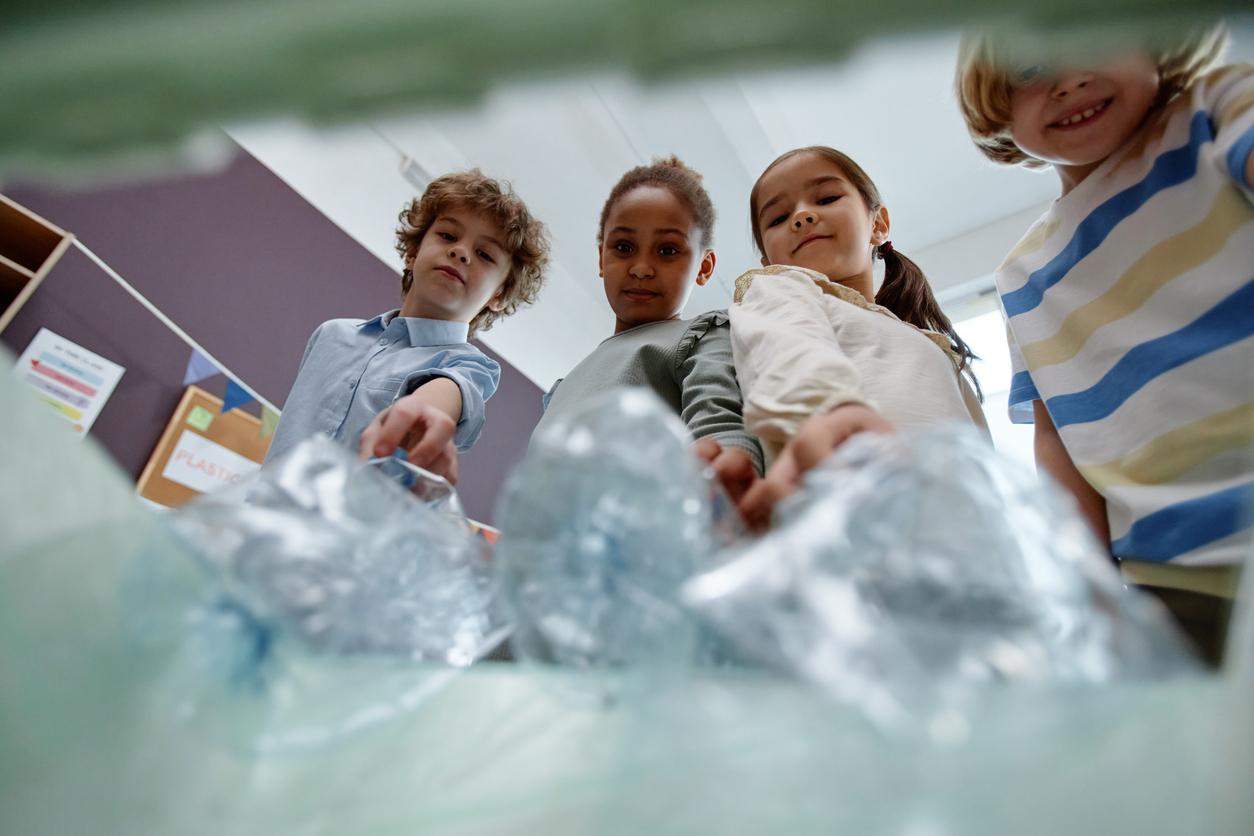Recycling plastics for reuse would not be a viable solution because they contain too many chemicals making them unsuitable for most uses.

- A new study from the University of Gothenburg shows that recycled plastic also contains “unintentionally added substances” at unknown concentrations.
- Researchers have identified more than 600 chemical compounds, including pesticides, pharmaceuticals and industrial chemicals.
- “Hazardous chemicals pose risks to recycling workers and consumers, as well as to society as a whole and the environment,” the scientists warned.
“Plastic is fantastic,” sang the group Elmer Food Beat in the 80s to encourage young people to use condoms. 30 years later, it is very difficult to praise this material, as mounds of plastic litter the planet, causing problems not only for ecosystems but also for our health. The idea of recycling plastic quickly became a solution, but a recent study shows that it is not safe. Indeed, if plastics are already known to contain an impressive quantity of chemical compounds with properties dangerous to our health, it would seem, according to this new study published in Data in Brief via ScienceDirectthat recycled plastics contain in addition to “substances added unintentionally” at unknown concentrations… Explanations.
More than 600 chemical compounds identified in recycled plastic
“Plastic recycling has been touted as a solution to the plastic pollution crisis, but toxic chemicals in plastics make it difficult to reuse and dispose of, hampering recycling”, explains Professor Bethanie Carney Almroth, from the University of Gothenburg. With his team of scientists, they examined recycled plastic pellets collected from 13 countries around the world and discovered the presence of more than 600 chemical compounds. These compounds cover various product classes, including pesticides, pharmaceuticals, industrial chemicals, and plastic additives.
“Risks for recycling workers and consumers”
“Hazardous chemicals pose risks to recycling workers and consumers, as well as to society as a whole and the environmentwarned researchers from the University of Gothenburg, IPEN, Aarhus University and the University of Exeter in a correspondence published in the journal Science. Before recycling can help solve the plastic pollution crisis, the plastic industry must limit dangerous chemicals. This represents more than 13,000 chemicals used in plastics, 25% of which are classified as hazardous.” According to these scientists, “no plastic chemicals can be classified as safe”.
This study adds to other research on the subject, leading to the same conclusions. In 2021, work published by the International Pollutant Elimination Network (IPEN), bringing together 600 NGOs in around a hundred countries around the world, already revealed that all the samples of recycled plastic collected by its members contained at least one toxic, endocrine disrupting or carcinogenic product.
Plastic pollution: 175 countries must reach an agreement
These results come as negotiations are currently taking place in Nairobi (Kenya) between 175 countries to establish an international treaty against plastic pollution. This should become legally binding by the end of 2024. The stakes are high because if nothing is done, global plastic consumption could reach 1.2 million tonnes in 2060, according to the OECD (Organization for Economic Cooperation and Development), three times more than today.















